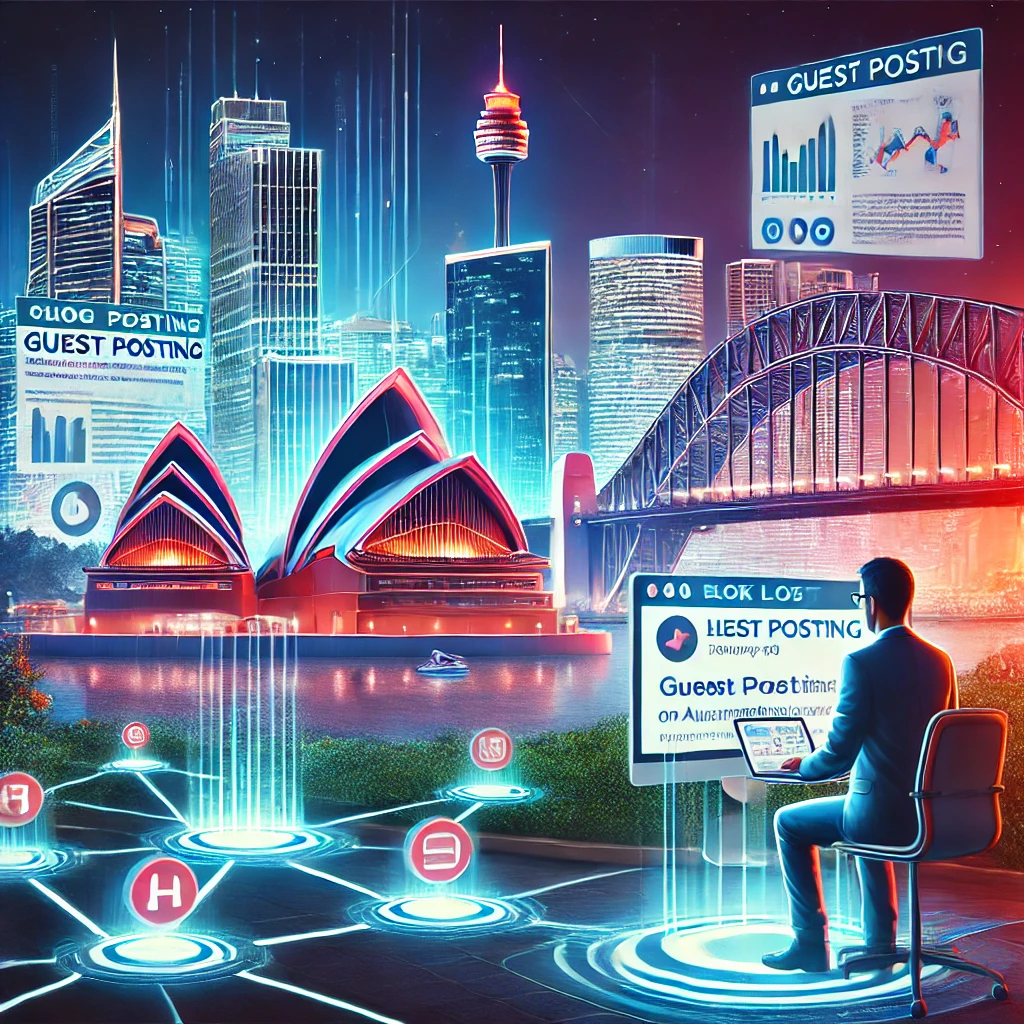Australia’s Tech Talent Landscape
Australia’s tech scene is rapidly gaining recognition as a global player, driven by innovation, investment, and a robust talent pool. Over the last decade, the country has witnessed remarkable growth in technology sectors ranging from artificial intelligence (AI) and cybersecurity to fintech and software engineering. This development has led to an increased demand for tech professionals across various fields, positioning Australia as a growing technology hub with potential to rival established giants.
Australia’s tech talent is supported by strong education systems, including globally recognized universities, extensive vocational training programs, and bootcamps that help bridge the gap between theoretical knowledge and practical industry needs. As companies seek to capitalize on emerging technologies, the demand for skilled developers, analysts, data scientists, and software engineers is skyrocketing, making the tech industry one of the most promising fields for career growth.
Key Areas of Expertise in Australia’s Tech Sector
Australia’s tech professionals are known for their expertise across diverse specializations, contributing to the country’s thriving digital ecosystem. Here’s a breakdown of the key skills dominating the landscape:
- Artificial Intelligence and Machine Learning: With increasing adoption of AI across industries, Australia has developed a significant talent pool in machine learning and AI. Startups and established companies alike are focusing on predictive modeling, natural language processing, and deep learning, which have applications in sectors like healthcare, finance, and retail.
- Cybersecurity: As cyber threats become more sophisticated, cybersecurity is one of the fastest-growing areas within the tech industry. Australia’s government and private sectors have invested heavily in security infrastructure and training programs to ensure that the country has a resilient cybersecurity workforce. Initiatives like the Australian Cyber Security Centre (ACSC) play a pivotal role in securing Australia’s digital future.
- Data Science and Analytics: Data-driven decision-making has made data science and analytics indispensable for Australian businesses. Skilled data scientists are leveraging big data, cloud computing, and business intelligence to provide insights that enhance efficiency and profitability. This expertise is crucial for industries like e-commerce, finance, and public services.
- Software Development and Engineering: Australia’s developers are skilled in programming languages like Python, Java, and C++, helping to power everything from mobile apps to complex systems for international markets. With the rise of software-as-a-service (SaaS) companies, Australia’s development talent is contributing to global innovation, particularly in scalable software solutions.

Australia’s Tech Talent Pool
Why Australia is an Emerging Tech Hub
Australia’s rise as a tech hub is fueled by various factors:
- Strong Government Support: The Australian government has implemented favorable policies and invested in technology-focused initiatives such as the National Innovation and Science Agenda. These programs encourage innovation, foster research and development, and incentivize businesses to engage in technological advancement.
- Strategic Location: Australia’s proximity to Asia positions it as an ideal gateway for tech firms looking to expand into Asian markets, fostering international collaboration and investment.
- Growing Venture Capital Landscape: Australia’s tech startups have received substantial venture capital funding, allowing them to innovate and scale at a faster pace. Cities like Sydney, Melbourne, and Brisbane are becoming hotspots for tech entrepreneurs and investors, further solidifying Australia’s reputation as an emerging tech powerhouse.
Challenges Facing Australia’s Tech Industry
While Australia’s tech industry shows great promise, several challenges must be addressed to sustain its growth:
- Talent Shortages: Despite the growing interest in tech careers, Australia faces a shortage of skilled professionals in critical areas such as AI and cybersecurity. This gap can hinder the country’s potential to become a global leader unless more talent is cultivated domestically or recruited from overseas.
- Limited Access to Funding for Early-Stage Startups: While venture capital is growing, there is still limited access for early-stage startups compared to mature markets like the U.S. and Europe. This limitation often forces promising companies to seek funding overseas, slowing their local growth.
- High Cost of Living: The cost of living in major cities like Sydney and Melbourne can make it challenging for startups to retain employees. Competitive salaries are required to attract talent, which can strain budgets for smaller companies.
Future of Tech Talent in Australia
Australia’s tech talent pool is set for expansion, with predictions that the tech sector will create over 1 million jobs by 2030. Programs aimed at fostering STEM (Science, Technology, Engineering, and Mathematics) education, alongside government-backed initiatives, are expected to bolster the number of skilled professionals. Additionally, partnerships between universities and tech companies are establishing pathways for students to gain industry-relevant experience.
Efforts to encourage immigration of skilled tech workers are also underway, as the government recognizes the importance of diverse talent in driving innovation. This approach is expected to fill skill gaps in areas like AI, blockchain, and cybersecurity, reinforcing Australia’s status as a tech hub on the global stage.
Conclusion
Australia’s tech talent pool is a vital component of the nation’s economic future, with growth driven by government initiatives, a strong educational foundation, and a thriving startup ecosystem. As the demand for technology continues to evolve, so will the opportunities for skilled professionals in Australia’s tech industry. The future looks bright for Australia’s tech scene, making it an exciting time to be part of this rapidly growing field.




































Leave a Reply